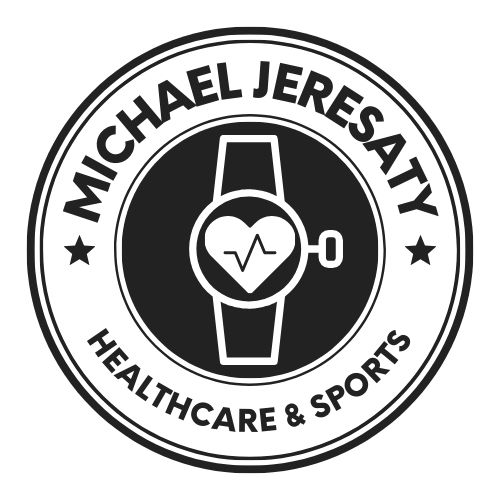In the evolving healthcare landscape, effective marketing strategies are essential for healthcare providers to connect with patients and be distinctive in a competitive market. This article discusses key strategies healthcare organizations can adopt to enhance their market presence and improve patient engagement.
Understanding Your Audience
The foundation of any effective healthcare marketing strategy is understanding the target audience. Healthcare providers must identify their patient demographics’ specific needs, preferences, and behaviors. This includes understanding patient concerns, the types of services they seek, and the channels they use to access healthcare information. Tailoring marketing efforts to address these factors is crucial.
Building a Strong Online Presence
In today’s digital age, having a robust online presence is vital. This includes an easily navigable website, active social media profiles, and a strong SEO strategy. A user-friendly website with clear information about services, credentials, patient testimonials, and contact details is essential. Engaging with patients through social media platforms and maintaining high search engine rankings will enhance visibility and accessibility.
Content Marketing
Content marketing is a powerful healthcare marketing tool. Providing valuable, accurate, and engaging content like blog posts, articles, videos, and infographics can establish a healthcare provider as a trusted authority in their field. This content should address common patient questions, showcase the latest medical advancements, and offer health and wellness tips, fostering trust and credibility.
Leveraging Patient Testimonials and Reviews
Patient testimonials and reviews are highly influential in healthcare decision-making. Positive patient reviews online can boost a healthcare provider’s reputation. Monitoring and responding to online feedback, positive or negative, demonstrates a commitment to service quality and patient satisfaction.
Email Marketing
Email marketing remains an effective tool for personalized communication. Healthcare providers can use email campaigns to inform patients about new services, health tips, and industry news. Segmenting email lists based on patient interests or conditions can enhance the relevance and effectiveness of the messages.
Community Engagement and Partnerships
Engaging with the local community through events, health camps, and wellness programs can enhance visibility and build a positive brand image. Forming partnerships with other local businesses or community organizations can also extend the reach and impact of marketing efforts.
Utilizing Telemedicine and Technology
Incorporating telemedicine services and promoting them through marketing channels can attract tech-savvy patients and those seeking convenience. Showcasing technological advancements in patient care can also position a healthcare provider as a forward-thinking and innovative organization.
Measuring and Adapting
Lastly, it’s crucial to continuously measure the effectiveness of marketing strategies using metrics such as website traffic, social media engagement, and patient acquisition rates. This data can provide valuable insights for healthcare providers to adjust their strategies effectively.
Effective healthcare marketing requires a multifaceted approach that focuses on understanding the audience, building a strong online presence, creating valuable content, leveraging patient testimonials, engaging in community activities, and embracing technological advancements. By employing these strategies and continuously adapting to changing market dynamics and patient needs, healthcare providers can effectively market their services and build lasting relationships with their patients.

